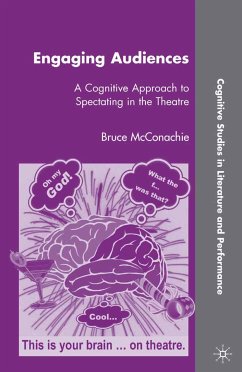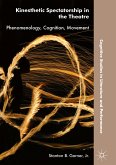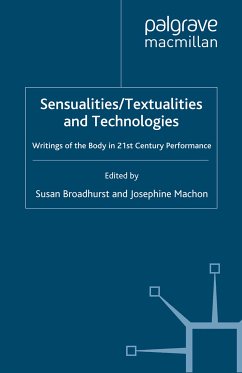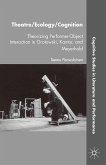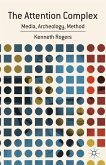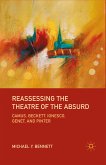Dieser Download kann aus rechtlichen Gründen nur mit Rechnungsadresse in A, B, BG, CY, CZ, D, DK, EW, E, FIN, F, GR, HR, H, IRL, I, LT, L, LR, M, NL, PL, P, R, S, SLO, SK ausgeliefert werden.
'Engaging Audiences provides a major synthesis of theatre/performance and cognitive studies. McConachie finds just the right balance between scientific details and theatrical examples.' - Philosophy and Literature
'In its formidable combination of clarity, engagement, and rigour, it present[s] a persuasive case that theatre and performance studies should pay more attention to the workings of the mind...A landmark in both theatre history and theories of audience reception.' - Theatre Research International

